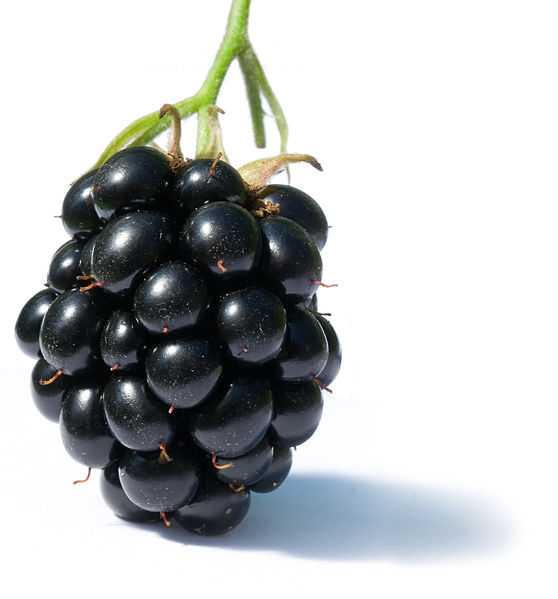Blog
Low flavonoid intake associated with Alzheimer’s risk

A new study links a low intake of flavonoid-rich foods — such as berries — with a higher risk of Alzheimer’s disease and related dementias.
Experts predict that the number of people in the United States over the age of 65 will more than double in the next 40 years. As a result, conditions associated with aging are also on the rise.
Alzheimer’s disease, which is the leading cause of dementia, is one of these conditions. By 2050, experts predict that there will be 13.8 million people over the age of 65 living with Alzheimer’s disease in the U.S.
Although becoming increasingly common, the exact cause of Alzheimer’s disease remains unknown. However, an increasing number of studies are suggesting that diet plays a role.
Several studies have shown that the Mediterranean diet and dark berries fruits, in particular, is associated with a reduced risk of cognitive issues — including Alzheimer’s.
Interestingly, the Mediterranean diet is high in flavonoids. These are naturally occurring chemicals present in various fruits and vegetables, as well as in plant-based beverages.
Researchers from Tufts University’s Human Nutrition Research Center on Aging in Medford, MA, have shown that a high long-term intake of flavonoid-rich foods — such as berries — is associated with a reduced risk of developing Alzheimer’s disease.
The results now appear in the American Journal of Clinical Nutrition.
6 types of flavonoid
The study looked at the intake of six different types of flavonoid among 2,801 people and took place over almost 20 years.
The researchers measured the flavonoid intake of the group using dietary questionnaires, which the participants filled out roughly every 4 years. The team also monitored the overall health of the group, including rates of Alzheimer’s disease and related dementias (ADRD) and Alzheimer’s disease itself.
“Our study gives us a picture of how diet over time might be related to a person’s cognitive decline, as we were able to look at flavonoid intake over many years prior to participants’ dementia diagnoses,” explains senior study author Dr. Paul Jacques, a nutritional epidemiologist.
/https://www.medicalnewstoday.com/
